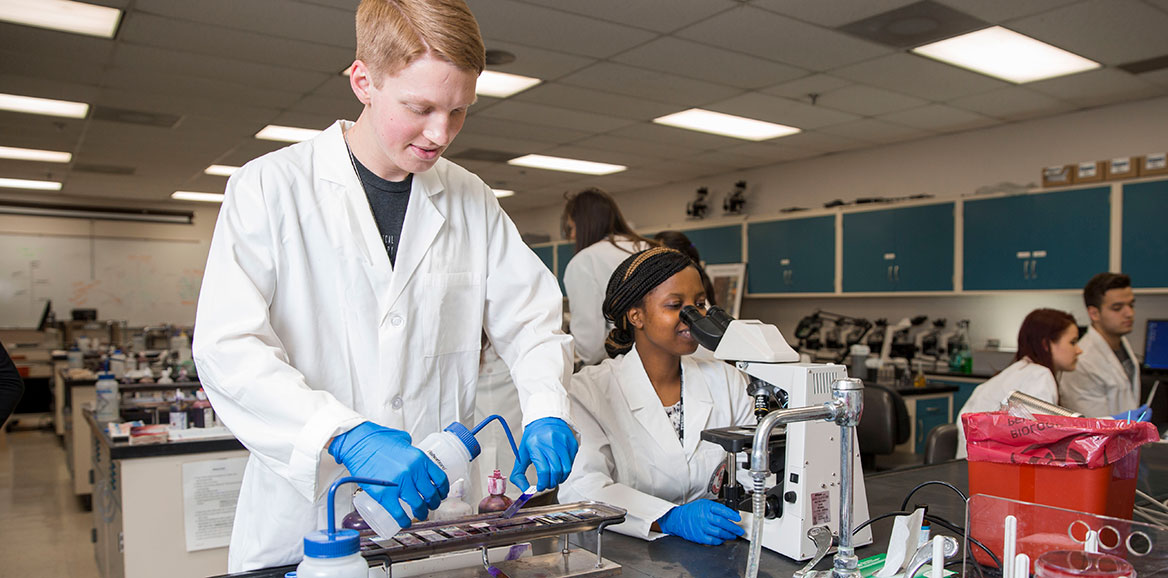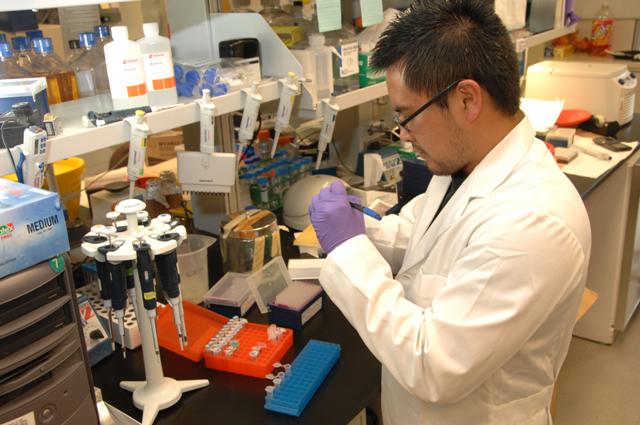What is the Subjects of BS Medical Laboratory Science (MLS)
Embarking on a Bachelor of Science in Medical Laboratory Science (MLS) is a promising journey into the heart of healthcare diagnostics. This degree equips students with the knowledge and skills needed to work in clinical laboratories, performing tests that are crucial for disease diagnosis and treatment. Let's delve into the core subjects that make up the MLS program.
Introduction to Medical Laboratory Science
The foundation of the MLS program starts with an introduction to the field. This subject covers the history, ethics, and significance of medical laboratory science in healthcare. Students learn about the roles and responsibilities of medical laboratory scientists and the impact they have on patient care.
Human Anatomy and Physiology
Understanding the human body is essential for anyone in the medical field. Courses in human anatomy and physiology provide a comprehensive overview of the structure and function of the body. Students study various systems such as the circulatory, respiratory, and nervous systems, gaining insights into how they work together to maintain health.
Clinical Chemistry
Clinical chemistry focuses on the chemical analysis of body fluids. Students learn to test blood, urine, and other samples to detect abnormalities and monitor health conditions. This subject includes the study of enzymes, hormones, electrolytes, and metabolic pathways. Mastery of clinical chemistry is crucial for diagnosing conditions like diabetes and kidney disease.
Hematology
Hematology is the study of blood and its disorders. In this subject, students learn about blood cell formation, function, and diseases. They perform tests to identify various blood disorders, such as anemia, leukemia, and clotting abnormalities. Understanding hematology is vital for diagnosing and treating blood-related conditions.
Microbiology
Microbiology involves the study of microorganisms, including bacteria, viruses, fungi, and parasites. Students learn to identify and analyze these organisms to diagnose infections. This subject is essential for understanding the causes of infectious diseases and determining the appropriate treatment options.
Immunology
Immunology explores the body's defense mechanisms against infections and diseases. This subject covers the functioning of the immune system, the development of immunity, and the principles of vaccination. Students learn to perform tests that detect immune responses and diagnose autoimmune disorders.
Pathology
Pathology is the study of disease processes. In this subject, students examine tissues, organs, and bodily fluids to understand the causes and effects of diseases. They learn to identify pathological changes and correlate them with clinical symptoms. Pathology provides a deeper understanding of disease mechanisms and their impact on the body.
Molecular Diagnostics
Advancements in technology have revolutionized medical diagnostics. Molecular diagnostics involves the study of genetic material to detect diseases and genetic disorders. Students learn techniques such as polymerase chain reaction (PCR) and DNA sequencing. This subject is crucial for diagnosing hereditary conditions and infectious diseases at the molecular level.
Clinical Laboratory Techniques
Hands-on experience is a vital part of the MLS program. Clinical laboratory techniques teach students the practical skills needed to perform laboratory tests accurately. They learn to use various laboratory instruments, follow safety protocols, and maintain quality control. This subject ensures that students are well-prepared for real-world laboratory work.
Research Methods in Medical Laboratory Science
Research is fundamental to advancing medical science. In this subject, students learn research methodologies, data analysis, and scientific writing. They gain the skills to conduct research projects, contribute to medical literature, and stay updated with the latest advancements in the field.
Conclusion
A BS in Medical Laboratory Science covers a wide range of subjects, each integral to the accurate diagnosis and treatment of diseases. From understanding human anatomy to mastering advanced molecular techniques, students acquire a comprehensive education that prepares them for a rewarding healthcare career. The diverse subjects ensure that graduates are well-equipped to contribute significantly to patient care and medical research, making MLS a highly valuable and impactful field. Read more here!



.webp)
Comments
Post a Comment